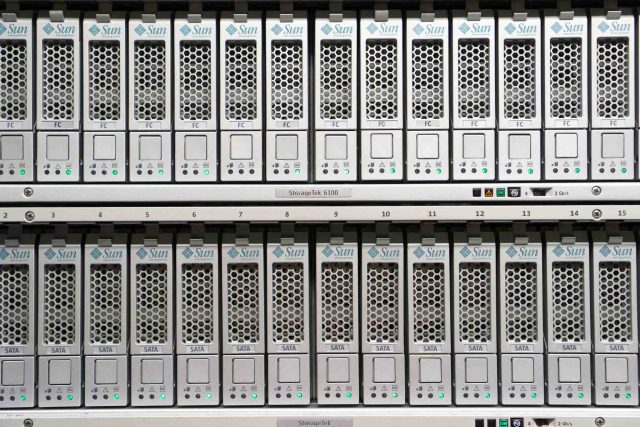A few days I shared this story, as did many others on the Internet, about how a man accidentally deleted his company. It’s quite unbelievable, not not altogether impossible. Indeed, some had speculated it to be not legit. It has finally emerged that it wasn’t real, but was simply part of a viral marketing scheme.
So now the truth has emerged, what do people think? Had it simply been a hoax, like an April Fools’ joke, though it would be a rather belated one, we could perhaps just leave it at that. But no, it’s part of a viral marketing campaign. The campaign was setup to promote that man’s startup, a website hosting provider.
Now, I’m feeling very annoyed. These are not the sort of things to joke around with. Many people paused to think about that unfortunate situation. Some people actually spent time to write meaningful responses to the original plea for help. To find oneself being fooled by a marketing campaign isn’t nice.
The good thing that can still come out of it is, I suppose, for people to remember about the importance of backups. More than just knowing that backups are important, you must also know what counts as a backup. You see, the idea of backup is often misunderstood.
For example, RAID is not a backup. RAID1/5/6/10 offers protection against a physical disk failure. But they offer no protection against a corrupted filesystem, or commands that accidentally erase or format a disk volume.
You need to think about your risk scenario, and look at how those risks can be mitigated. Usually this should at least mean an off-site copy that is not automatically replaced by your latest data, unless you have some sort of automatic versioning happening there. Off-site also cannot be simply the adjacent server or a server in an adjacent room, but somewhere farther away enough to be not affected by some calamity in that neighbourhood.
Also, might I just add, “cloud” services, including cloud backups, are really cloudy. Know what it really is, how it works, and how it fits into your backup strategy. Let me give an example. If you accidentally corrupted and overwrote the contents of a file in your computer, will that corrupted contents be sync’ed and replace the good file you have in your cloud backup? If so, that doesn’t really count as a backup eh? The usefulness of the cloud backup in this scenario is only in the case that your computer’s hard disk dies, or it’s a notebook computer that got stolen or lost. It won’t even save you from, say, crypto-ransomware, which encrypts all the files in your hard disk, and your cloud backup dutifully replaced all your cloud copies with the same encrypted contents.
Backup might sound like a really simple concept, but there’s really a lot more to it.

View Comment Policy